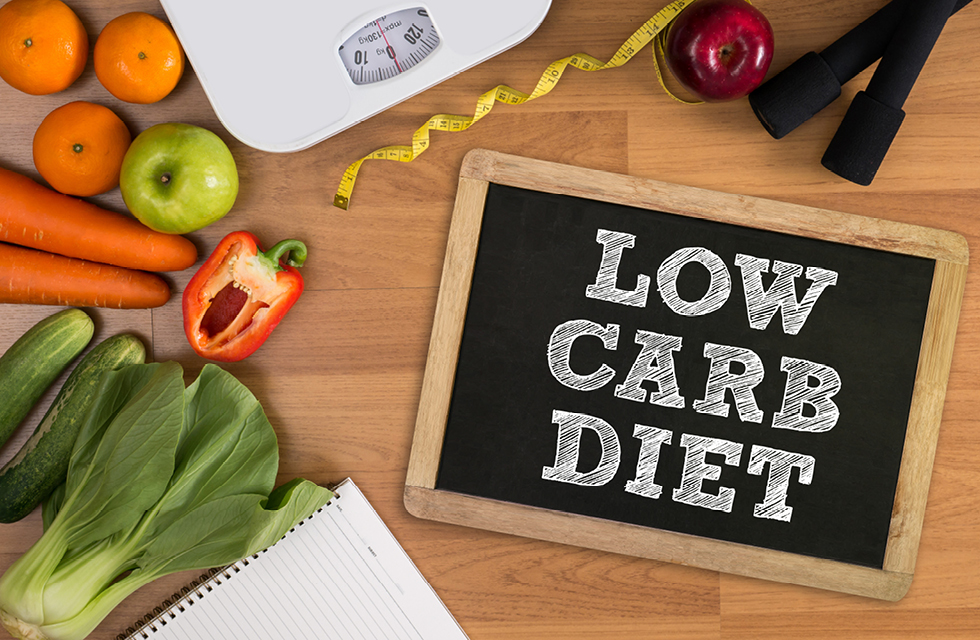
What is a Low-carb Delivery Service?
A low-carb delivery service is a service that delivers meals that are low in carbohydrates to customers’ homes or workplaces. These meals are typically designed to help people who are following a low-carbohydrate diet, such as the ketogenic diet or the Atkins diet, to achieve their weight loss or health goals. The meals may be prepared by professional chefs or nutritionists and can be customized to meet the dietary needs of each customer. Some services may offer a variety of meal plans, such as gluten-free or paleo options.
What are the benefits of using a Low-carb Delivery Service?
There are several benefits to using a low-carb delivery service, including:
Convenience: These services make it easy for people to follow a low-carb diet by providing them with ready-made, healthy meals that they can have delivered to their homes or workplaces.
Variety: Low-carb delivery services often offer a wide variety of meal options, so customers can enjoy a variety of flavors and dishes while still sticking to their dietary restrictions.
Customization: Many services allow customers to customize their meals to meet their individual dietary needs and preferences.
Nutritional balance: Low-carb meals delivered by these services are often carefully prepared by professional chefs and nutritionists to ensure that they are balanced and nutritious, providing customers with the proper macro and micronutrients.
Time-saving: Preparing low-carb meals from scratch can be time-consuming, a low-carb delivery service saves time by providing ready-to-eat meals.
Helps to avoid unhealthy options: By providing healthy low-carb meals, it helps to avoid unhealthy fast food options which are high in carbohydrates and unhealthy fats.
How much do low-carb Delivery Services cost?
The cost of low-carb delivery services can vary depending on several factors, such as the frequency of delivery, the number of meals per delivery, the location, and the type of service offered.
Some services may offer a subscription-based model, where customers pay a monthly fee for a set number of meals per week. Others may charge a flat rate for each meal or delivery.
On average, low-carb delivery services typically cost between $10 and $20 per meal, but prices can vary greatly depending on the service and location. Some companies offer lower prices for bulk orders or for customers who sign up for a long-term subscription.
It’s worth noting that some services may have additional costs, like shipping and handling fees, taxes, or delivery costs.
It’s important to check these additional costs before making a decision.
It’s also worth to consider the cost of the ingredients and time you would spend cooking low-carb meals yourself and if it’s more cost-effective to use a low-carb delivery service.
How do I choose the best Low-carb Delivery Service?
When choosing a low-carb delivery service, there are several factors to consider:
Quality of ingredients: Look for a service that uses high-quality, fresh ingredients, and avoid those that use processed or frozen foods.
Customization: Consider a service that allows you to customize your meals to suit your specific dietary needs and preferences.
Variety of options: Look for a service that offers a variety of meal options, such as gluten-free or paleo options, so you can enjoy a variety of flavors and dishes while still sticking to your low-carb diet.
Nutritional balance: Choose a service that prepares meals with proper macro and micronutrient balance to ensure that you are getting the nutrients your body needs.
Cost: Compare the costs of different services and make sure you understand any additional costs, such as shipping and handling fees or delivery costs.
Reviews: Look for reviews of the service from other customers to get a sense of their experiences with the service and the quality of the food.
Flexibility: Choose a service that offers flexible options for delivery, such as a choice of delivery days, and a way to pause or cancel your subscription.
Certification: Look for services that have certifications such as USDA Organic, Non-GMO, etc.
It’s also worth considering reaching out to the company to ask any questions you might have, to ensure they are the right fit for you.












